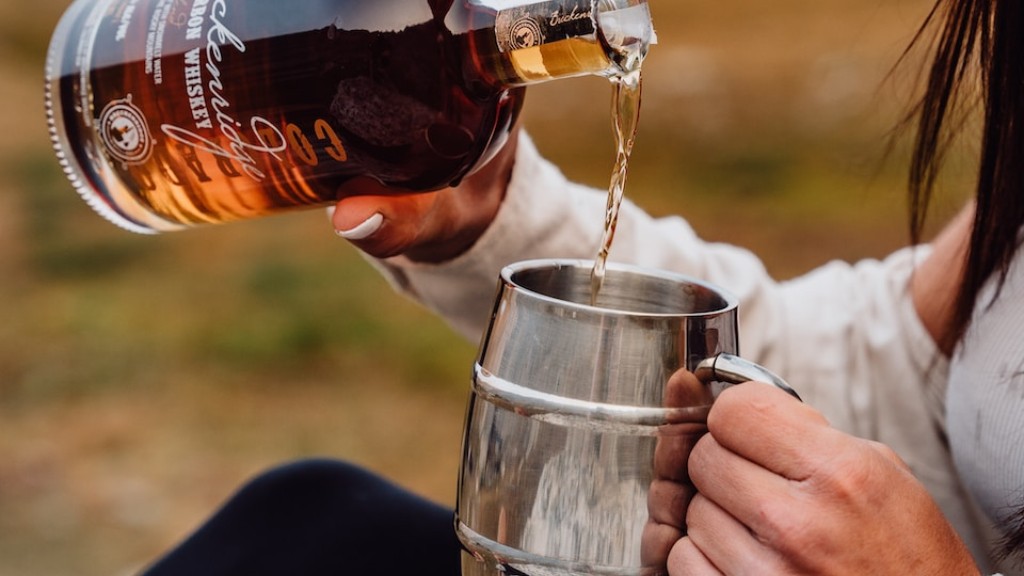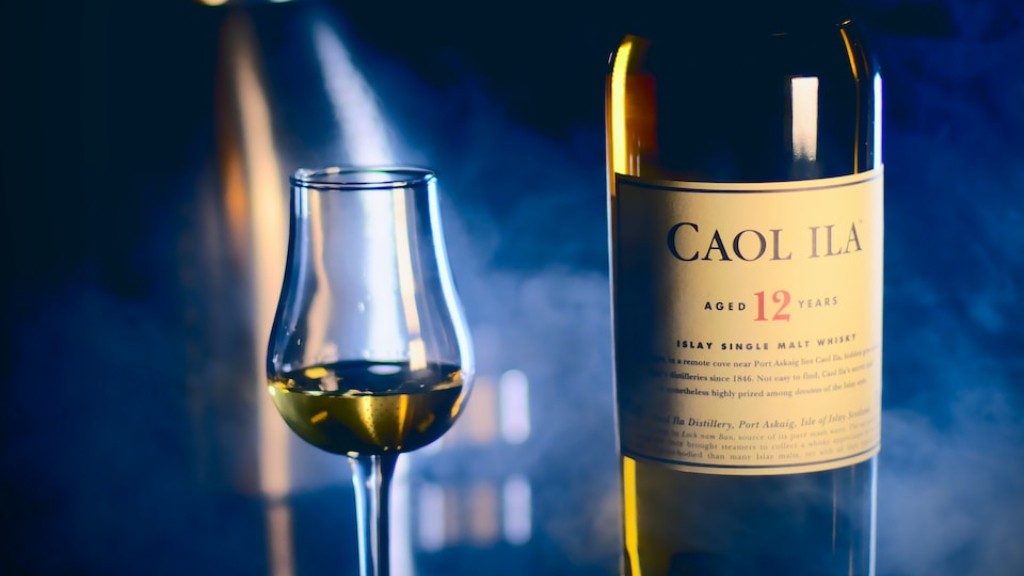Is Whiskey and Ice Bad for Your Heart?
Sipping on a smooth whiskey and ice may be tempting, but this delightful indulgence can come with a hefty price. Recent studies have revealed that drinking whiskey and ice is bad for your heart health, and can pose a real risk to your long-term well-being.
We hear it everywhere: “It’s all about moderation.” But when it comes to your heart health, moderation is key. Surveys show that over one-third of whiskey consumers tend to over indulge, whether it’s two or twelve drinks in one sitting. This reckless pattern of consumption can cause severe damage to your heart.
Consuming whiskey and ice in large amounts can increase your likelihood of developing cardiac problems. Too much whiskey can cause a temporary spike in your blood pressure that can lead to dangerous risks over time. Heart attacks, irregular heartbeats, strokes, and even sudden cardiac death, are all possible outcomes of excessive whiskey consumption.
The effects of drinking whiskey and ice are further exacerbated by added sugar and ice. While the amount of calories and carbohydrates in whiskey is typically low compared to other alcoholic beverages, the sugars and ‘mixers’ you consume along with whiskey add to the unhealthy sum. Ice works as a preservative but conversely can dilute liver enzymes, which leads to a lower rate of ethanol metabolism in the body.
Even if you are a healthy individual, consuming whiskey and ice can impair the ability of the heart to function optimally. Studies reveal that drinking whiskey and ice can restrict the heart muscles from contracting, resulting in weakening of the walls of the vessels in the long run. This can narrow the space for circulation and cause other cardiac problems, leading to chronic heart diseases.
How Whiskey and Ice Affects the Brain
Research has revealed that consuming whiskey and ice can have a significant impact on the brain activity and how it functions. Studies show that drinking whiskey and ice can alter the chemicals of the brain that are responsible for controlling pleasure and emotions. It also has a negative impact on memory, thinking capacity and the ability to learn.
The initial rush of pleasure and calmness caused by whiskey and ice dwindles with time and may eventually lead to depression, anxiety, and other mental health conditions. Moreover, heavy drinking has been linked to a decrease in the overall size and weight of the brain, which can cause permanent damage to cognitive function, even after years of quitting drinking.
Habitual consumption of whiskey and ice can also cause changes in the structure of the brain, leading to a decrease in gray matter. This can result in cognitive deficits such as impaired reflexes, memory, and problem solving. These changes are most prominent in chronic alcoholics who drink whiskey and ice in excess.
Risk Factors Involved
Individuals who suffer from hypertension are at a higher risk for developing severe heart and brain conditions when consuming whiskey and ice. Chronic alcoholics and young adults are also more susceptible, as they are more likely to abuse these drinks.
Researches have also found that consuming whiskey and ice on a regular basis can result in an irregular heartbeat which can then increase the risks of stroke or heart attack. Additionally, long-term alcohol consumption can increase blood pressure, leading to a greater risk of cardiovascular diseases and other cardiac problems.
Tips for Prevention
Adopting a heart healthy lifestyle is the best way to reduce the risks associated with drinking whiskey and ice. Limiting alcohol consumption to one or two drinks per day, exercising regularly, and eating a balanced diet with lots of fruits and vegetables are all key to preventing cardiovascular diseases.
It is also important to be aware of the risks associated with hard liquor and to use the guideline of moderation in order to stay healthy. Consulting a physician before consuming hard liquor is also recommended as they can help assess your risks and give advice on how to drink responsibly.
Finally, avoiding mixing whiskey and ice with sugary drinks or foods is essential for ensuring optimal heart health. Adding simple mixers such as soda, tonic, or water can help cut down some of the negative effects of alcohol. Keeping a track of the amount of whiskey and ice you consume, can also help reduce the risk of developing severe heart diseases.
The Effects of Alcohol on the Liver
The liver is a vital organ that plays a key role in managing and eliminating toxins from the body. Studies have shown that consuming whiskey and ice can lead to the development of fatty liver. This condition develops when excess fat accumulates in the liver cells and impairs the liver’s ability to function.
The excess fats can be caused by excessive consumption of whiskey and ice, leading to the development of a fatty liver disease, also known as alcoholic hepatitis. Furthermore, long-term alcohol consumption can also result in an enlarged liver, a condition called alcoholic cirrhosis.
Alcoholic cirrhosis is a life-threatening condition where the liver loses its ability to operate properly. This is caused due to the accumulation of damage caused by whiskey and ice over the years, resulting in liver failure. Therefore, controlling alcohol consumption can be beneficial to reducing the risks of liver damage and other severe complications.
Conclusion
Whiskey and ice can be an enjoyable indulgence, but one must also be aware of the risks associated with it. Consuming whiskey and ice in excessive amounts is linked to increased risks of cardiac problems, decreased brain function, and liver damage. Therefore, it is essential to limit alcohol intake and practice moderation to ensure optimal heart health.

